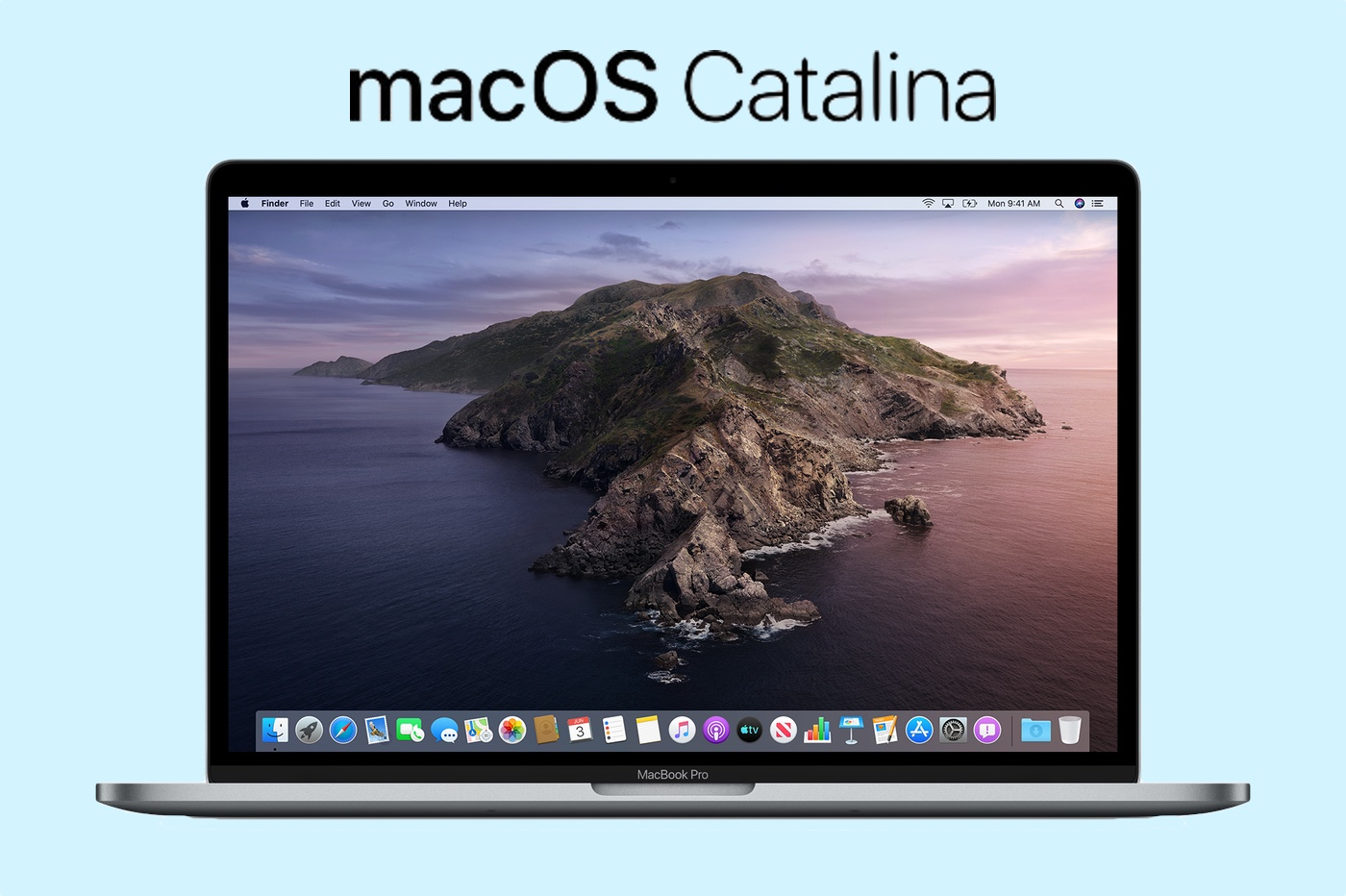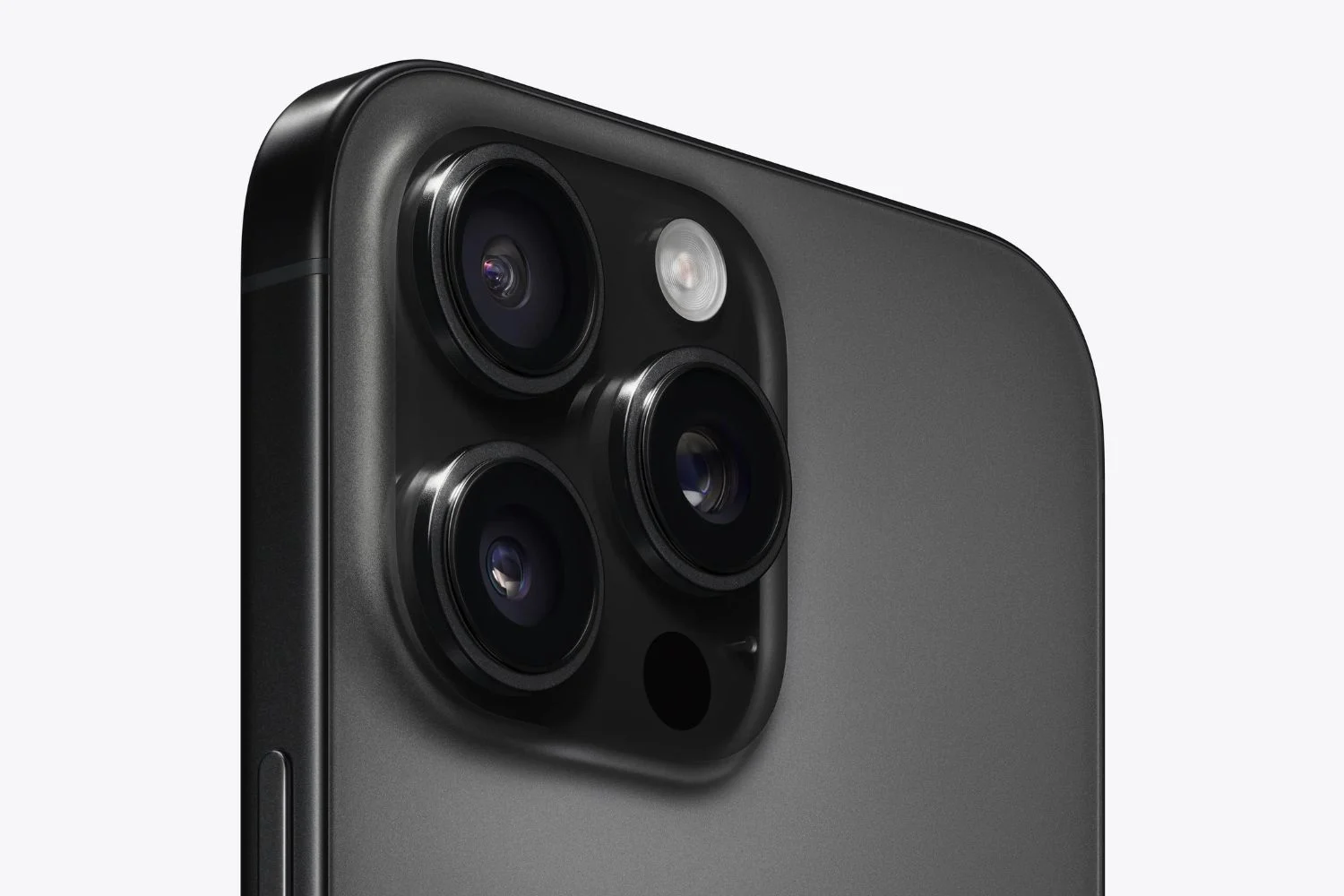That's it, it's done: the conditions surrounding cross-application tracking (ATT) on iOS have just tightened. The principle of this strategy is relatively simple: developers track your behavior outside of their own platforms, in order to learn more about your habits. This way, they are better able to target you better when launching their advertising campaigns. A major acquisition channel for many publishers.
So many of them are already trying to fight against Apple's new option, consisting of requiring the consent of Internet users to be spied on on their iPhone. To do this, workaround solutions are already being tested by multinationals. And they could soon bear fruit, becausethese initiatives aresupported by Chinavia one of its government bodies.
What changes for developers
If for the moment what the Middle Kingdom and its partners are preparing for us remains quite unclear, certain alternatives have already been brought to light by Apple. Starting with those of the apps thatpay usersso that they accept the tracking. Thus, in new rules recently published by the Apple brand, the latter ensures that those who offer this type of reward will simply be banned from the App Store.
But this is not the only idea that app creators have found to bypass ATT. Indeed, others would have displayednotifications with a design and wording similar to that of consent, but this time with the aim of validating something much more minor. As a result, by approving these alerts, users would end up also trusting the original one. But here too, Apple is cracking down: this stratagem is now prohibited.
Justice gets involved
While it is now clear that the benefits of cross-application tracking forconfidentialityof users are undeniable, some however believe that this practice is in reality anti-competitive. Indeed, to improve its own advertisements within the App Store, Apple also benefits from data collection. But without being as clear as what it imposes on its competitors. This is the whole leitmotif ofan investigation taking place in… France.
Furthermore, as some consumers already point out, the notion ofconsentseems to be of the order of “double standards“. Indeed, as you can read below, some people don't understand why we don't ask them for their opinion when it comes to selling their own personal information.

© MacRumors

i-nfo.fr - Official iPhon.fr app
By : Keleops AG






